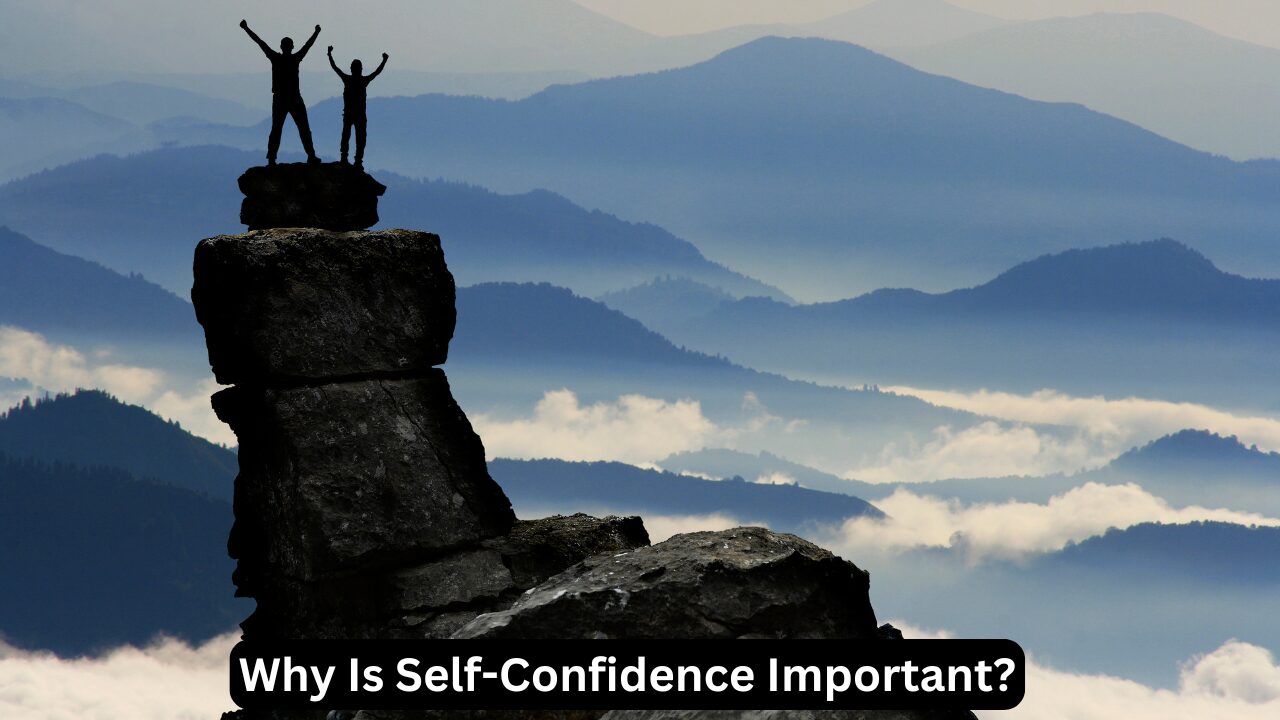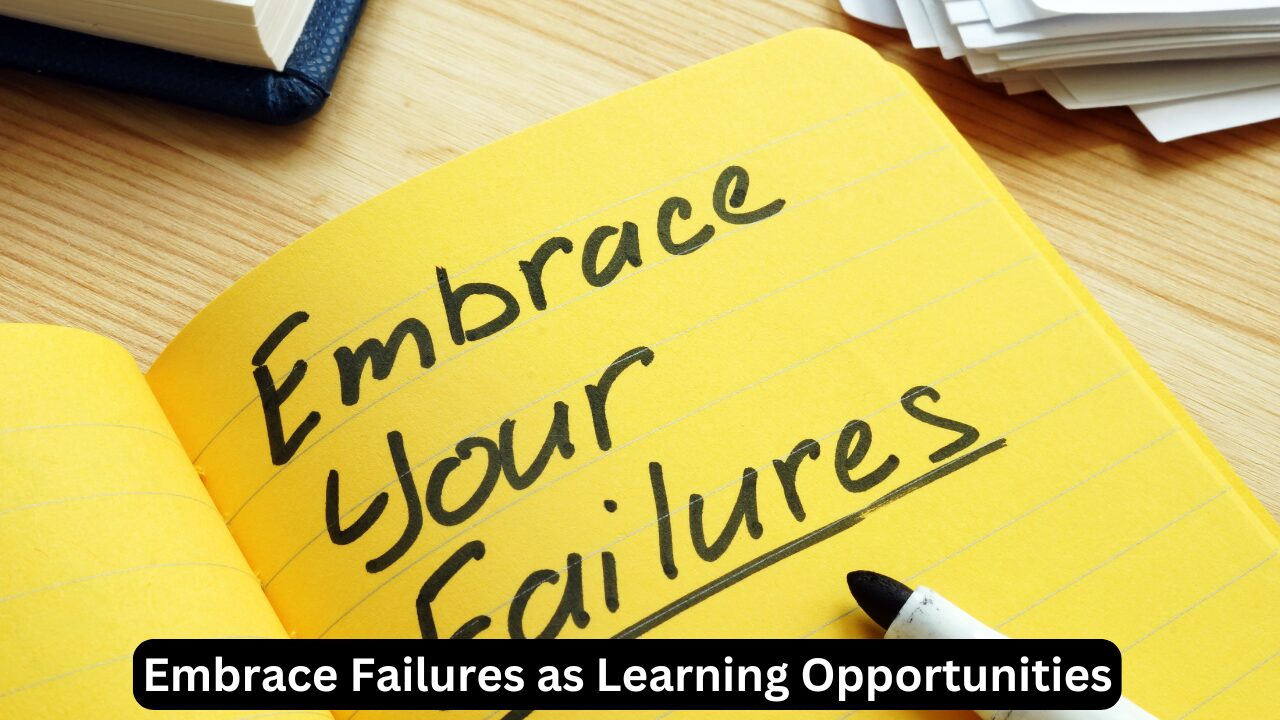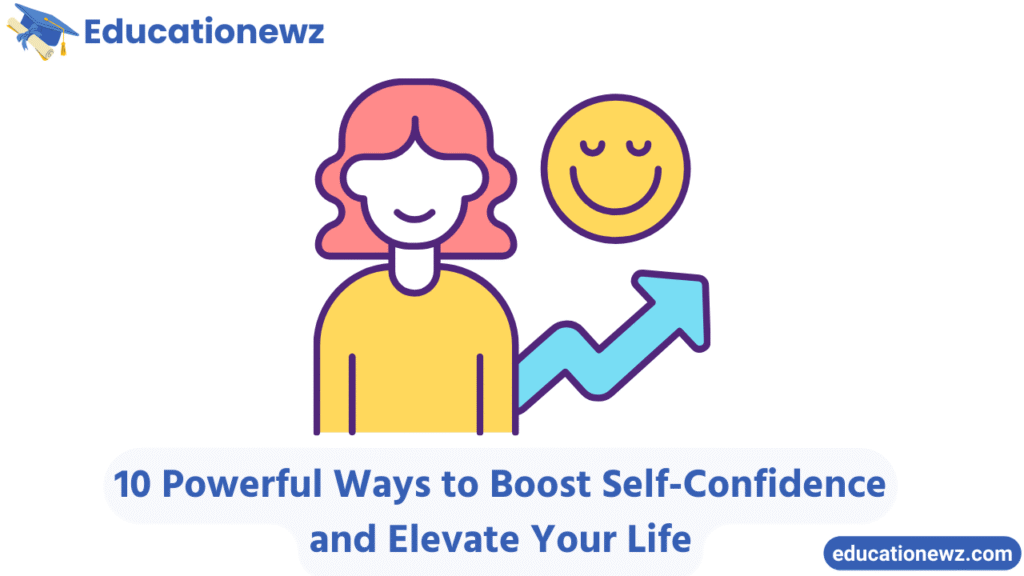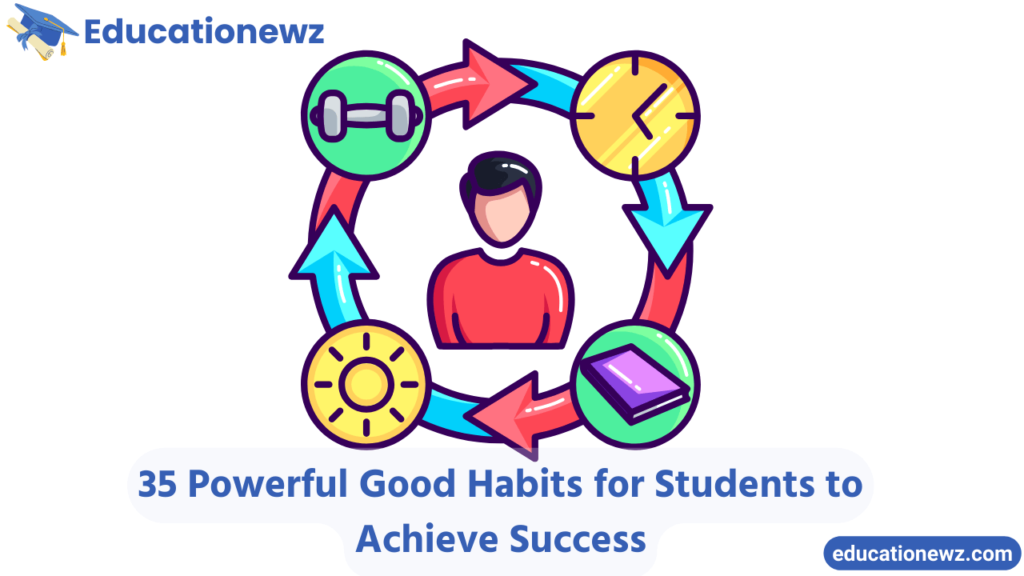Building self-confidence involves consistent efforts like challenging negative thoughts, setting achievable goals, and celebrating your successes to strengthen your belief in your abilities.
Self-confidence is one of the most valuable traits a person can possess. It is the belief in your abilities, worth, and capacity to succeed. When nurtured, self-confidence can empower you to face challenges, pursue goals, and maintain a positive outlook on life. However, building confidence doesn’t happen overnight—it requires intentional effort, self-awareness, and consistent practice. In this guide, we’ll explore practical strategies to help you cultivate and sustain confidence in every area of your life.
What Is Self-Confidence?
Self-confidence is the belief in your own abilities, qualities, and judgment. It is a key trait that enables you to navigate challenges and take on new opportunities without fear of failure. People with self-confidence understand their strengths and acknowledge their weaknesses without letting them dictate their sense of self-worth. Instead of viewing weaknesses as flaws, confident individuals see them as areas for growth, actively working to improve and develop over time.
It’s important to note that self-confidence is not about arrogance or superiority. It’s not about thinking you’re better than others. Rather, it’s about having a realistic sense of your own value and capabilities. Confidence means being comfortable with who you are—recognizing your limitations while trusting in your ability to overcome obstacles and achieve your goals. It is rooted in self-acceptance, which helps you face setbacks with resilience and optimism. Self-confidence empowers you to act, take risks, and pursue what you want in life, all while remaining grounded and true to yourself.
Why Is Self-Confidence Important?

Self-confidence is essential for personal and professional growth. Here’s why:
- Helps You Navigate Challenges: With confidence, you approach problems with a clear mind and the belief that you can find solutions, making obstacles easier to overcome.
- Improves Relationships: Confident people communicate more effectively, set healthy boundaries, and build trust, leading to stronger, more meaningful relationships.
- Boosts Mental Health: Self-confidence reduces stress, anxiety, and negative self-talk, promoting a positive outlook on life and better emotional well-being.
- Opens Opportunities: Confidence encourages you to take risks and seize opportunities, whether in your career, education, or personal life.
- Increases Resilience: Confident individuals handle failure with resilience, learning from setbacks and bouncing back stronger.
Developing self-confidence helps you unlock your potential, tackle challenges, and achieve success.
How to Build Self-Confidence: Proven Strategies
1. Start by Understanding Your Current Confidence Level
To improve, you need to identify where you stand. Self-awareness is crucial in understanding what affects your confidence, both positively and negatively.
Steps to Assess Yourself:
- Reflect on situations where you feel confident versus those where you feel inadequate.
- Keep a journal of your thoughts and emotions to uncover patterns.
- Ask trusted friends or mentors for feedback about your strengths and areas for growth.
By acknowledging these factors, you can better target specific behaviors to build your confidence.
2. Challenge Negative Self-Talk
Negative self-talk can severely damage self-confidence. Phrases like “I’m not good enough” or “I always fail” become barriers to growth.
How to Overcome Negative Thoughts:
- Replace negative statements with positive affirmations. For instance, say “I am learning and improving every day” instead of “I’m terrible at this.”
- Question the validity of your negative thoughts. Are they based on facts or fears?
- Surround yourself with people who uplift and encourage you.
This mindset shift can significantly enhance your confidence over time.
3. Set Realistic and Achievable Goals
Goals provide a sense of direction and accomplishment, both of which are essential for building self-confidence.
SMART Goal Framework:
| Element | Description | Example |
|---|---|---|
| Specific | Clearly define your goal | “Run a 5K race” |
| Measurable | Quantify your progress | “Train 3 days a week” |
| Achievable | Ensure it is realistic | “Start with short runs and build up” |
| Relevant | Align with your long-term objectives | “Improves fitness and confidence” |
| Time-bound | Set a deadline | “Complete within 3 months” |
Accomplishing even small goals can give you a sense of achievement and boost your belief in your abilities.
4. Embrace Failures as Learning Opportunities

Fear of failure often holds people back from taking risks. However, failure is not the opposite of success; it’s part of the process.
Tips to Reframe Failures:
- Analyze what went wrong and what you can improve.
- Celebrate the courage it took to try something new.
- Remember that even successful people face setbacks—they use them to grow stronger.
By adopting a growth mindset, you’ll see failures as opportunities to learn rather than evidence of inadequacy.
5. Cultivate a Growth Mindset
Dr. Carol Dweck, a renowned psychologist, emphasizes the importance of a growth mindset—the belief that your abilities can develop through hard work and persistence.
How to Develop This Mindset:
- Focus on effort rather than outcomes.
- Embrace challenges as opportunities to stretch your capabilities.
- Recognize progress, no matter how small.
This shift in perspective can significantly enhance self-confidence and resilience.
6. Practice Self-Care
Taking care of your physical and mental health lays the foundation for self-confidence.
Simple Self-Care Habits:
- Exercise regularly: Physical activity releases endorphins, which boost mood and confidence.
- Eat a balanced diet: Proper nutrition fuels your body and mind.
- Prioritize sleep: Rest helps regulate emotions and reduces stress.
When you feel good physically, it translates into improved mental well-being and self-assurance.
7. Learn New Skills
Gaining new skills can directly enhance self-confidence by proving to yourself that you are capable of growth.
Where to Start:
- Enroll in an online course or attend workshops.
- Pursue hobbies that challenge you, such as painting or public speaking.
- Celebrate every milestone in your learning journey.
Every skill you acquire adds to your sense of competence and boosts your confidence.
8. Surround Yourself With Positive Influences
The people you associate with can either build or break your self-confidence.
How to Build a Supportive Network:
- Spend time with individuals who inspire and uplift you.
- Limit interactions with toxic or overly critical people.
- Seek out mentors or join supportive communities.
A positive environment helps reinforce your self-worth and encourages growth.
9. Improve Your Body Language
Your posture, gestures, and facial expressions can influence how confident you feel and appear to others.
Simple Changes to Make:
- Stand tall and maintain good posture.
- Make eye contact during conversations.
- Smile—it conveys approachability and confidence.
Small adjustments in body language can have a profound impact on your mindset and how others perceive you.
10. Acknowledge and Celebrate Your Achievements

Often, we overlook our successes while dwelling on our failures. Recognizing your accomplishments can greatly boost self-confidence.
How to Celebrate Wins:
- Create a “success journal” to record achievements, big or small.
- Reward yourself for milestones, whether it’s a day off or a treat.
- Share your successes with trusted friends or family.
Celebrating achievements reminds you of your capabilities and reinforces a positive self-image.
Frequently Asked Questions About Building Self-Confidence
1. How long does it take to build self-confidence?
Building self-confidence is a lifelong process. Small, consistent efforts can yield noticeable changes within weeks, but true confidence grows over time.
2. Can self-confidence be faked?
While “faking it till you make it” can work temporarily, genuine confidence comes from self-awareness, skill development, and practice.
3. What are the signs of low self-confidence?
Signs include self-doubt, fear of failure, avoidance of challenges, and excessive reliance on others for validation.
4. How does self-confidence differ from self-esteem?
Self-confidence is your belief in your abilities, while self-esteem is your overall sense of self-worth.
5. Can therapy help improve self-confidence?
Yes, therapy can help address underlying issues affecting confidence and provide tools to build a healthier self-image.
6. What role does social media play in confidence?
Social media can both help and harm confidence. Use it mindfully, and avoid comparisons that trigger self-doubt.
7. Can self-confidence improve my career?
Absolutely. Confidence can enhance communication, decision-making, and leadership skills, making you a more effective professional.
Final Thoughts
Building self-confidence is a continuous journey, not a destination. It requires time, effort, and a willingness to challenge your beliefs and habits. Developing confidence involves understanding and embracing who you truly are, flaws and all. Start by addressing negative self-talk and replacing it with positive affirmations that reinforce your strengths. Setting realistic, achievable goals along the way allows you to celebrate small wins and build momentum.
A key component of building self-confidence is cultivating a positive mindset. By focusing on what you can control, practicing gratitude, and learning from your setbacks, you’ll develop a mindset that empowers you to face life’s challenges with resilience. It’s also essential to be kind to yourself, understanding that growth takes time. Self-compassion and persistence are crucial—acknowledge your progress, no matter how small, and keep moving forward.
Remember, self-confidence doesn’t come overnight. It grows stronger with each step you take. Start with small changes, stay consistent, and over time, you’ll see the remarkable impact it has on your life. Your self-confidence will not only help you face challenges head-on but will also open doors to new opportunities and greater personal fulfillment. Please follow our blog Educationewz.



